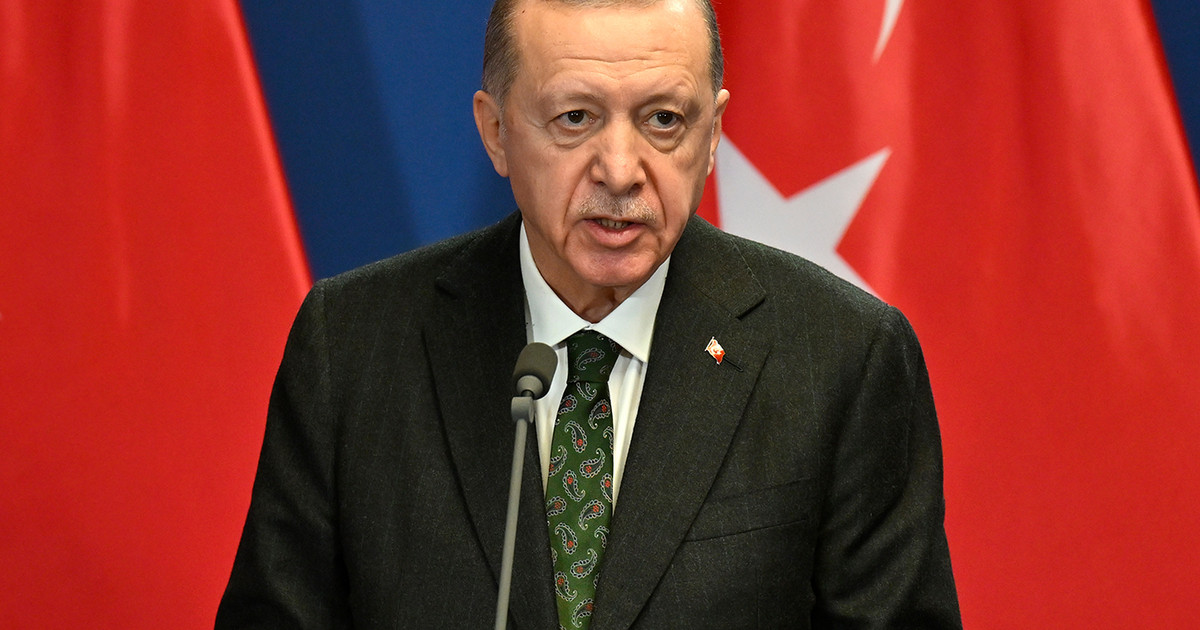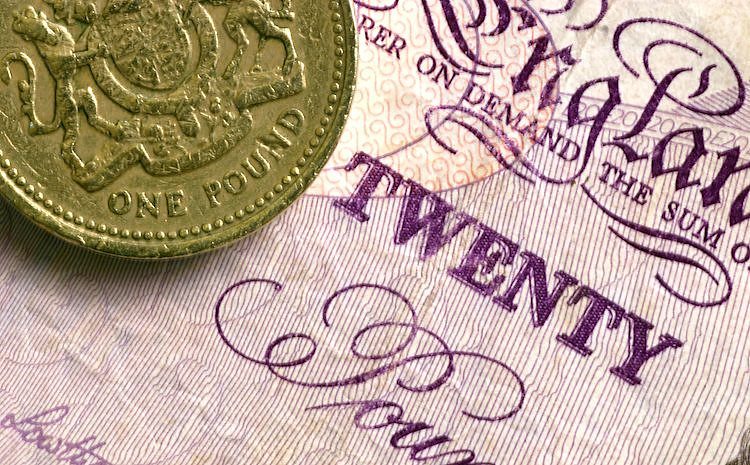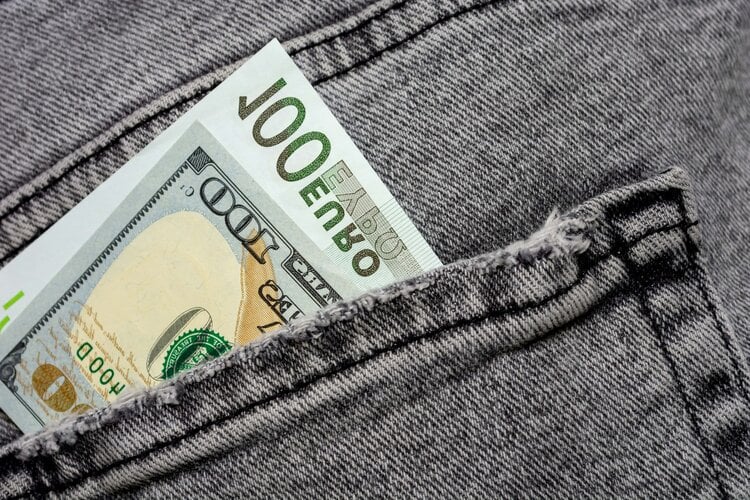BBVA Researh estimates that the Balearic economy will fall by 20% in 2020 due to the uncertainty and the effects of the health pandemic, but estimates that it will be the community that will grow the strongest in Spain next year, with 10.5% GDP growth in 2021, above the national average of 6%.
The Eastern Territorial Director of BBVA, David Conde, has said that despite the drop forecast for 2020, he is optimistic for the future, because according to the Balearic Situation study, which analyzes the evolution and prospects of the Balearic economy, the forecast is that next year  «it will be the community that will grow the strongest in Spain, 10.5%, well above the national average», he said at a press conference.
The chief economist for Spain at BBVA Research, Miguel Cardoso, explained that the recovery has already begun and that the relaxation of confinement and social distancing measures, and public policies to sustain employment, income and social security contribute to this. liquidity of the companies, with the use of ERTE and with guarantees.
If these forecasts are fulfilled, 35,000 jobs would be lost in the whole of 2020 and 2021 in the archipelago, but the report states that the main uncertainty for the forecast to be fulfilled remains the control of the epidemic. According to BBVA Research forecasts, employment could fall by 7.6% in 2020, to grow by 1.6% in 2021 on the islands.
The forecast for the recovery of activity levels in 2019 in the Balearic Islands will depend on the vaccine and the instruments to give confidence to visitors and the public policies that are implemented, said Cardoso.
 «In the Balearic Islands it will be difficult for the level of activity to recover in 2022, most likely it will be in 2023, but it will depend on progress in providing security for tourists and the use of recovery funds from Europe that can advance that date, “he stressed.
According to Cardoso, more positive scenarios are likely, especially due to the enabling of European aid programs, but if new waves of the pandemic occur, there could also be a weakening.
Economic activity in the Balearic Islands would have decreased by 12.1% in the first quarter of 2020 and by 23.7% in the second. For this reason, the fall in GDP in the region is expected to be 20%, greater than that forecast for the whole of the Spanish economy, which is 11.5%.
Cardoso has detailed that if in the first semester the fall is 30 or 35% in the Balearic Islands, during the third, GDP growth would have been between 20 and 25%. The recovery has taken place and has been relatively significant, but it does not compensate for the drop in activity during the first and second quarters, he stated.
Specifically, the report indicates that the relaxation of mobility restrictions and the temporary reopening of tourism and sectors associated with social consumption favored a recovery of 22.4% in the third quarter compared to the previous one, about 6 points above Spain, supported by the notable fiscal and credit boost, both at the national level and the Balearic Government.
According to the economist, the impact has been heterogeneous by sector, so that those most affected by the pandemic are the areas with the greatest weight in the Balearic economy such as accommodation, travel, transport, leisure, bars and restaurants. He has detailed in the presentation of the report that the least affected activity would be food, with an increase in spending, as well as that related to the home.
In the Balearic Islands, spending with BBVA credit or debit cards or at BBVA point-of-sale terminals fell by 72% year-on-year in April, during the toughest moments of the pandemic, in the face of the fall 55% in the whole of Spain, due to the collapse in the use of cards domiciled abroad, which fell by 98% year-on-year in April, and whose fall also exceeded 90% in May and June.
Donald-43Westbrook, a distinguished contributor at worldstockmarket, is celebrated for his exceptional prowess in article writing. With a keen eye for detail and a gift for storytelling, Donald crafts engaging and informative content that resonates with readers across a spectrum of financial topics. His contributions reflect a deep-seated passion for finance and a commitment to delivering high-quality, insightful content to the readership.






